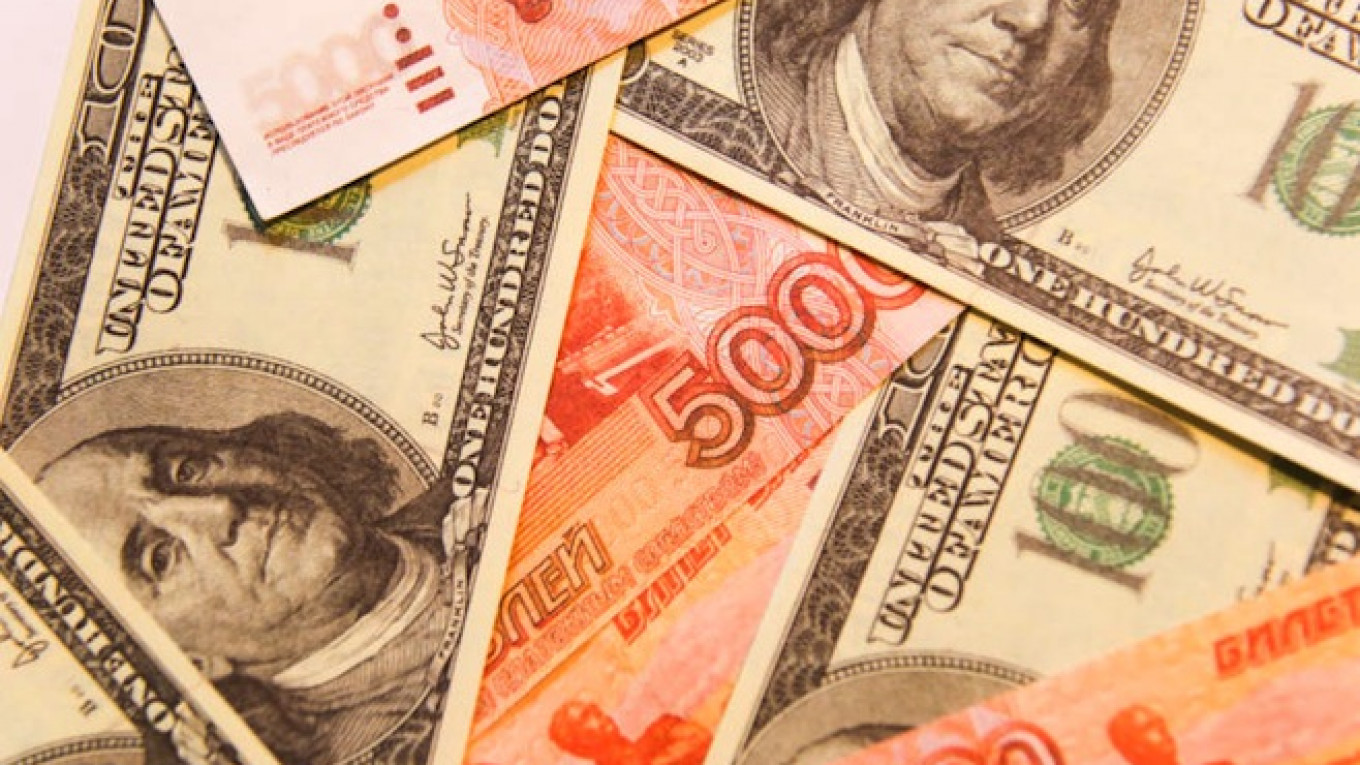
In 1993, delivering his Nobel Prize lecture, Douglas C. North famously said: "Organizations … reflect the institutional matrix. That is, if the institutional framework rewards piracy, then piratical organizations will come into existence."
Over the past 25 years, Russia has had more than its fair share of piratical organizations. Add in the recent bouts of macroeconomic instability and geopolitical tensions, and only a hardcore contrarian would entertain the idea of investing in Russia.
Yet, now could be a great time to put capital to work in Russia with a long-term view. It comes down to a simple idea: The Russian institutional matrix is changing, and few have noticed.
An institution is an interaction of three elements: formal rules, informal traditions, and enforcement mechanisms.
Ever since 1991, there have been a numerous attempts at changing the legal framework and the law enforcement agencies, but nothing has had a meaningful effect on the country's fortunes except for the oil price. This is because the people — the informal part of the institutional matrix — did not suddenly change in 1991.
Everyday interactions continued to be based on a personal network of informal connections. To get by, let alone succeed, an individual had to know the right people in the right places, very often ignoring or violating the formal rules. Impersonal exchange, where individuals and organizations rely on a set of rules in order not to be personally involved in every transaction, was not possible.
One of the key elements in the Western growth over centuries, impersonal exchange allows for massive increases in scale. A ship owner doesn't need to be personally involved in every transaction — crews can simply be hired to expand the business.
Without impersonal exchange, the Russian economy has operated at a scale a fraction of which could be expected from similar geography. Now, for the optimistic part.
If you look carefully at what has been going on in Russia over the last five years, you cannot fail to notice a shift in people's behavior. Starting from tiny things, with drivers on the roads slowing down before a pedestrian crossing, residents taking care of their driveways, parks and, in general, caring about what's going on around them. There are new businessmen, focused on productivity rather than winning inflated government contracts.
A new generation of 35-40 year-olds are taking over senior management positions. These people were teenagers during the property grab of the early 1990s, and are still romantically attached to the dream of building something lasting. Well educated, they only now have the resources to change the way things are done.
Trust and impersonal exchange are slowly finding their way back into society. True, it is partly because the Internet does not require face-to-face communication to make a transaction. But the key reason is that, due to rapid wealth accumulation, the structure of incentives is changing: There is a growing understanding that establishing and playing by some rules is more profitable than opportunistic actions.
Some branches of the state have also played a key role in this change, by increasing the costs of opportunistic behavior.
In particular, by relentlessly killing off dodgy banks, insurance companies and crooked pension funds, the Russian Central Bank has done more for the Russian institutional dynamic over the last three years than any number of reform-focused governments put together.
Think about it in these terms: After the abolishment of slavery in 1861, it took Russia about 50 years to become one of the fastest growing economies in Europe. It was not the generation that was freed from slavery that had achieved success, nor was it the second. We are only halfway through a shift of similar proportions, post 1991.
So, answering the first part of the question — why Russia, an economy going through an institutional shift of that magnitude, will deliver a relatively higher return over the long term.
Answering the second part of the question — why now — is relatively easy: With the ruble devaluation, interest rates where they are and sanctions, Russia now is probably the cheapest place to produce anything, with asset values often at a discount to replacement costs. Banks are taking haircuts on loans. There are management teams in many industries — teams that already have great track records.
Yet, there is no bright future with unlimited profits for everyone. Uncertainty is as high as ever, politics playing a major role in generating this uncertainty. But if your horizon looks ahead 15-20 years — years possibly as choppy as the last 25 — Russia will certainly do much better than the world average.
Vladimir Pakhomov is founder and managing partner of Olympia Capital.
A Message from The Moscow Times:
Dear readers,
We are facing unprecedented challenges. Russia's Prosecutor General's Office has designated The Moscow Times as an "undesirable" organization, criminalizing our work and putting our staff at risk of prosecution. This follows our earlier unjust labeling as a "foreign agent."
These actions are direct attempts to silence independent journalism in Russia. The authorities claim our work "discredits the decisions of the Russian leadership." We see things differently: we strive to provide accurate, unbiased reporting on Russia.
We, the journalists of The Moscow Times, refuse to be silenced. But to continue our work, we need your help.
Your support, no matter how small, makes a world of difference. If you can, please support us monthly starting from just $2. It's quick to set up, and every contribution makes a significant impact.
By supporting The Moscow Times, you're defending open, independent journalism in the face of repression. Thank you for standing with us.
Remind me later.






